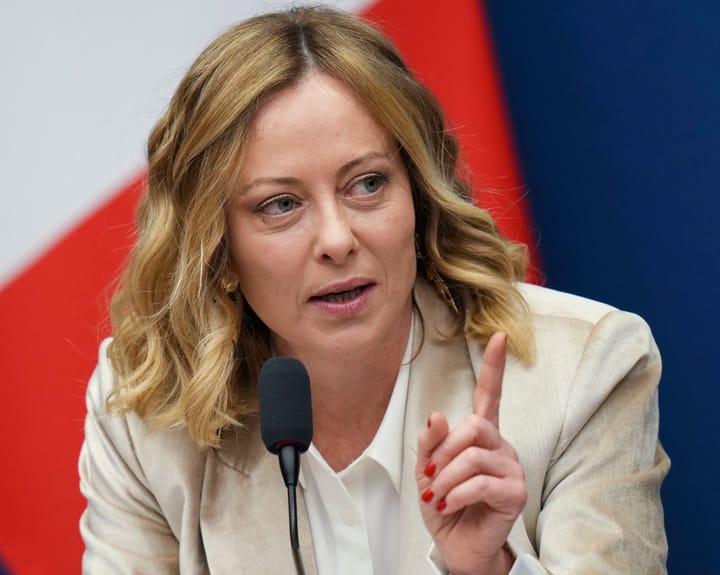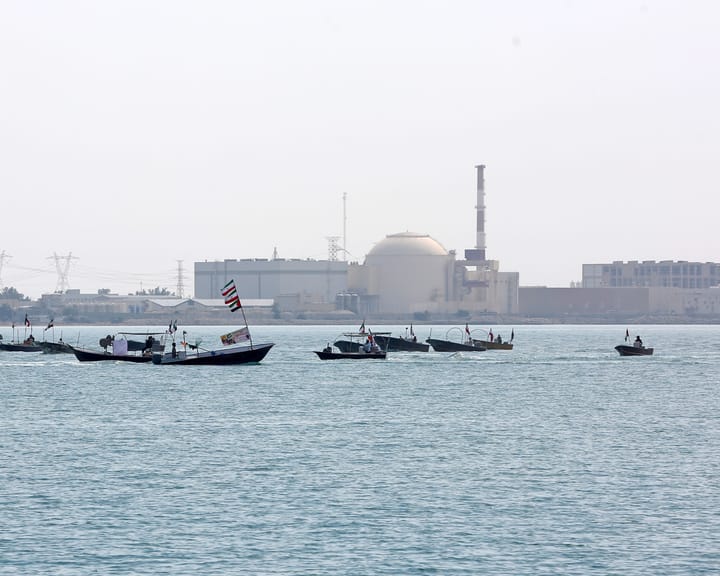Israeli military forces conducted an operation at a former air-defense base in southern Syria on Wednesday amid a series of airstrikes in the area—marking their deepest incursion into Syrian territory since Bashar al-Assad was removed from power last December.
The airbase, situated near al-Kiswah, approximately 10 kilometers south of Damascus, had previously served as a strategic stronghold for Iranian-backed groups under Assad’s rule.
Syrian state media reported that Israeli strikes had targeted the same location a day earlier, resulting in the deaths of six Syrian soldiers who were dismantling what authorities described as Israeli surveillance equipment.
Israeli aircraft and drones reportedly obstructed Syrian forces from approaching the area until late Wednesday, after Israeli troops had withdrawn. A Syrian military source told Al Jazeera that dozens of Israeli soldiers arrived at the site in four helicopters and remained for over two hours, though their exact activities were unclear.
Israeli defense minister Israel Katz stated on social media that forces were "active in all combat zones day and night for Israel’s security," without providing further details.
Syria’s foreign ministry denounced the strikes as a violation of international law and an infringement on national sovereignty.
Since Assad’s removal, Israel has conducted multiple strikes against weapons depots and military installations in Syria. It has also expanded into the UN-monitored buffer zone between the two countries, establishing military outposts.
Israel has cautioned Syria’s new government, led by former Islamist rebel leader Ahmed al-Sharaa, against deploying forces near the southern border.
Israeli airstrikes in Syria had largely ceased following a warning from former U.S. President Donald Trump to "act reasonably" in the region. However, clashes in Druze-majority southern Syria in June prompted renewed strikes, which Israel claimed were meant to protect Druze civilians. Targets included Syria’s defense ministry and military positions.
Wednesday’s attack occurred despite recent high-level security discussions between Syrian and Israeli officials. Both sides, along with U.S. Special Envoy for Syria Tom Barrack, met in Paris earlier this month.
Talks in Paris and Azerbaijan aim to negotiate a security arrangement that would halt Israeli military action in Syria while addressing Israel’s security concerns. Israel has also called for the protection of Druze rights in Syria.
Israeli officials have labeled Syria’s new government as "jihadist" and expressed worries that it could endanger Israeli communities near the border. The Syrian government, however, has not launched any attacks against Israel and has stated its commitment to regional peace.
Syria and Israel technically remain at war, lacking formal diplomatic relations.
Read next

"Fury in Italy as women's photos altered into porn on website"
A website publishing manipulated images of prominent Italian women, including Prime Minister Giorgia Meloni and opposition leader Elly Schlein, has caused widespread condemnation in Italy.
The photos, paired with offensive and derogatory captions, were taken from social media profiles or public sources before being altered and shared on an Italian

Triple Threat: UK, Germany, France Enforce UN Sanctions on Iran
The UK, France, and Germany have formally informed the UN that they are reinstating broad sanctions against Iran, giving the country 30 days to allow greater access to its nuclear facilities or face increased economic consequences globally.
Officials stated that the decision was not made lightly and followed extensive diplomatic

"Opera recounts German journalist's two-year undercover journey as migrant worker"
The production revisits pivotal moments from Wallraff’s exposé, including scenes where Ali is denied medical care despite severe workplace injuries and when he is met with outright hostility from neighbors who refuse to rent apartments to foreign workers. The opera underscores how little has changed in some respects, with

